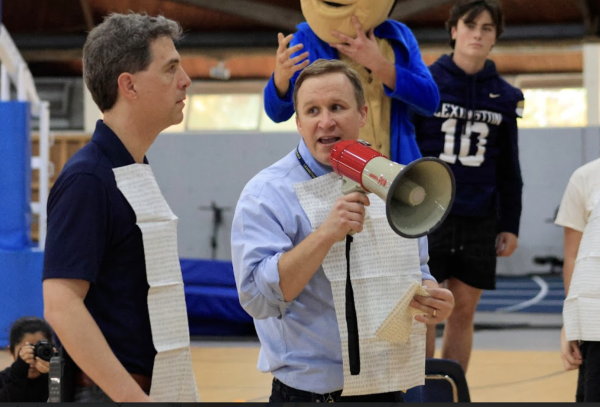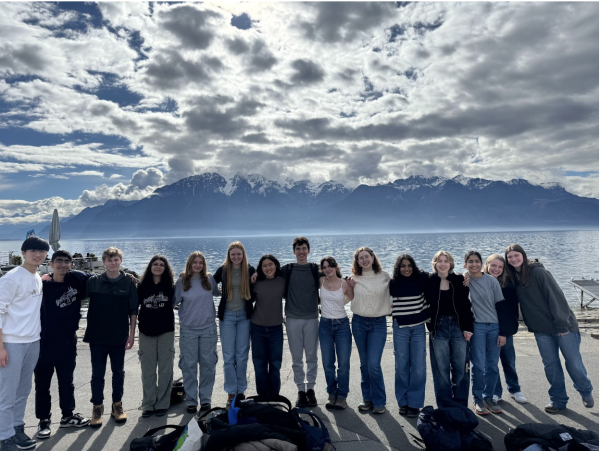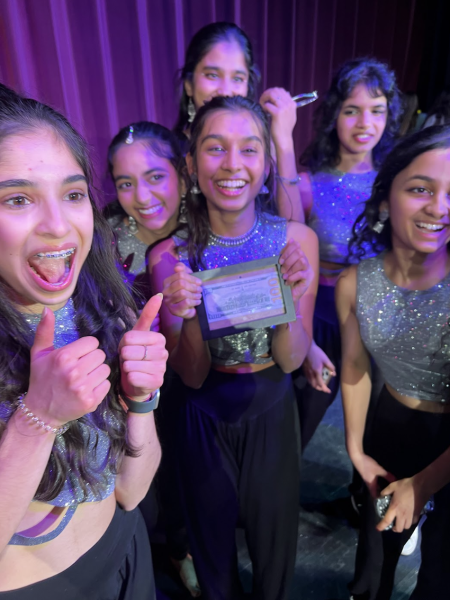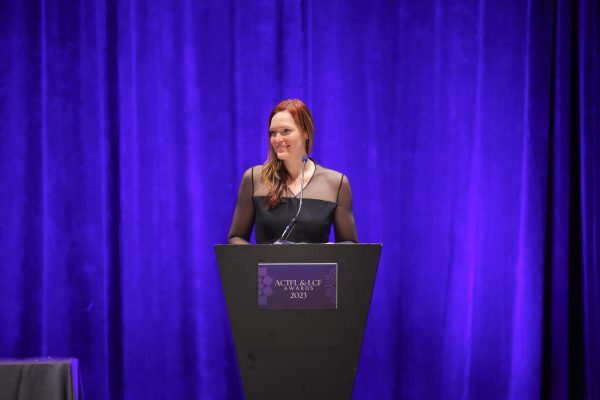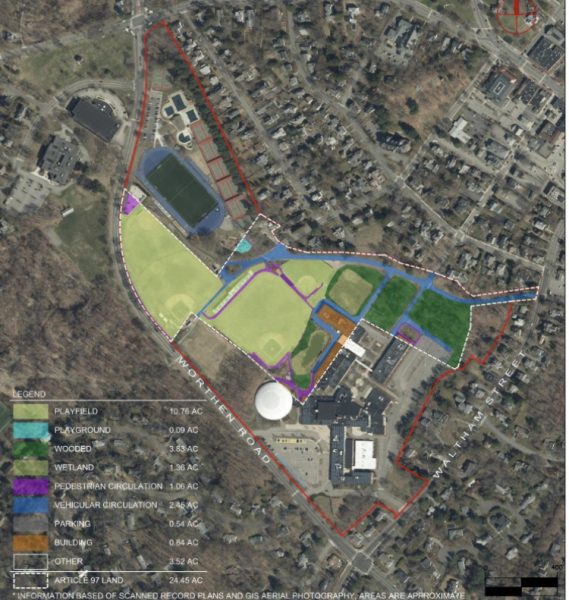LHS hosts LexMUN Conference
March 30, 2023
On Jan. 28, Lexington High School hosted the annual LexMUN conference, where schools from all over Massachusetts gathered to debate real world issues, such as terrorism, economic crises, and international wars by simulating the United Nations. This event was the first in-person LexMUN conference since 2020.
“The first LexMUN I went to was when I was in freshman year, and we haven’t had an in-person one since then, so I am pumped,” Anjali Agarwal, the current co-president of the Model United Nations club, said.
Most Model UN conferences feature a special guest speaker who opens the conference. This year, Nicholas Akers, the club advisor of the Model UN club, invited Fatema Z. Sumar, the Executive Director of the Center for International Development at Harvard University.
“She’s worked with many different countries all over the globe, so she’s going to give really good advice on how to work in different cultures and different attitudes and religious beliefs,” Akers said.
Akers believes that representing countries that students may be less familiar with teaches them to withhold their personal beliefs and emphasizes the importance of perspective and collaboration when developing potential solutions.
“[The students] have to take advantage of someone else’s perspective, and by doing that, students can gain a new appreciation for other people’s cultures and beliefs,” Akers said. “After that, they have to practice in the debate itself where students come together, just like they do in the real world, to work together to find a solution to the problem.”
A Model UN conference typically lasts the entire day, starting with an opening ceremony followed by committee sessions and ending with a closing ceremony.
“If you’re a participant, what you do is research what your country or your position is and you get ready to debate,” Agarwal said.
Not only does this experience provide students with the opportunity to develop their individual skills, but it also promotes cooperation between delegates. Working together to write resolutions or crisis directives to address rising problems exposes students to different perspectives which can often be applied to the real-world.
“It’s about collaborating and writing and researching, but at its core, it’s about projecting your voice and your ideas and being able to communicate them in a way that is authentic, polarizing, and promotes collaboration,” Agarwal said.

